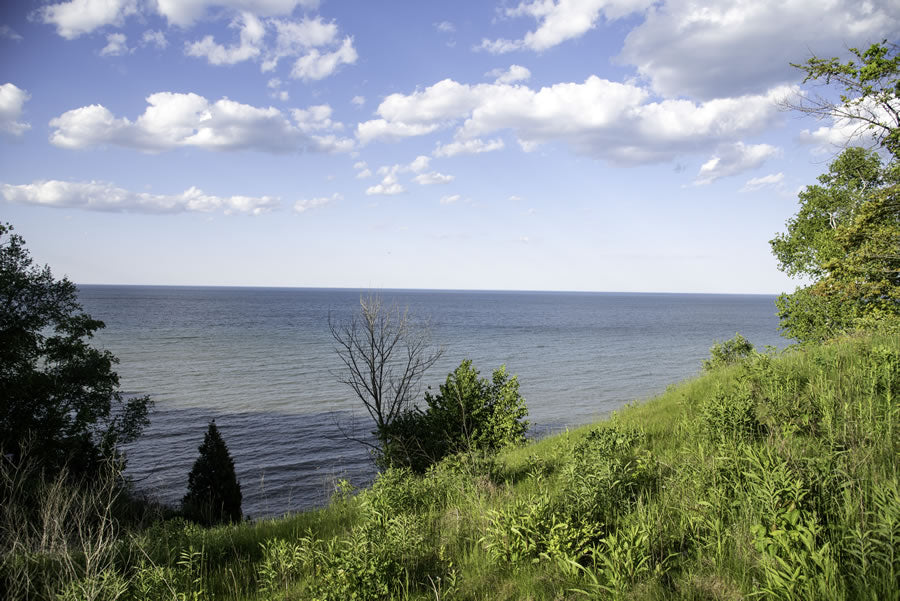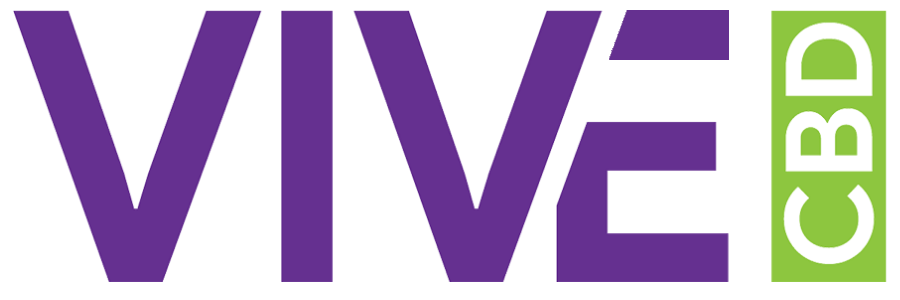
When many people think of the state of Michigan, the first thing that often comes to mind is the automobile industry that has long been the state's economic driver. But there are many more interesting things about this Midwestern state, such as its rich Michigan history and unique Michigan geography, including fascinating Michigan facts and fun facts about Michigan, fun facts about Michigan, and Michigan facts and history that reveal its diverse and vibrant character. For example, the origin of the name Michigan. It comes from the Native American word Mishigami. In the language spoken by the Ojibwe people who lived in the area for centuries, Mishigami means 'large lake' or 'lots of water'. That's a fitting description for the area in what today is called Michigan is located. Michigan's geography is diverse, with its vast water bodies and varied landscapes. These Michigan facts highlight the state's rich cultural and historical tapestry.
History
A diverse group of Native American peoples have lived in the area that is today called Michigan for thousands of years. French explorers moved into the area in the 17th century and created a colony called New France. France fought to wrest the area from the Native Americans and this led to the French And Indian War which France lost. When the war ended in 1762, the British took control of the region and held it until their defeat during the American Revolutionary War which ended in 1783. The region was ceded to the United States and was considered part of Northwest Territory. This rich Michigan history is pivotal to understanding the state's development.
The Michigan Territory
In 1800, Michigan's western area became part of Indiana and was considered as such until 1805 when the Michigan Territory was formed. Canada and the United States didn't agree on the territory's northern border until the end of the War of 1812. The opening of the Erie Canal in 1925 connected the Great Lakes region to the Atlantic Ocean, bolstered trade and industry, and created a population boom. This period marked a significant shift in the Michigan economy. In 1837, Michigan became the 26th state to be admitted into the Union, marking a significant milestone in Michigan geography and economic development. A free state, Michigan quickly became a vibrant, prosperous, important Great Lakes region industrial and trade center.
Geography
Northern Michigan is bordered from east to west by Lake Michigan, Lake Superior, Lake Erie, Lake Huron and Lake St. Clair, four of the five bodies of water that make up the Great Lakes region. It has the world's longest freshwater coastline and 64,980 ponds and inland lakes. The only state made up of two peninsulas, Michigan's Upper Peninsula and its mitten-shaped Lower Peninsula are separated by the five-mile long channel that's called the Straits of Mackinac. It connects Lake Huron and Lake Michigan. There are more than 300 named rivers in Michigan, twowell-known ones largest are the Menominee River and the Montreal River.
Borders, Major Cities And Landforms
Michigan is bordered on land by the states of Wisconsin, Indiana, Ohio and Minnesota. Some of the state's largest and best known cities include its capital Lansing, Detroit, it's largest city, Grand Rapids, Ann Arbor, Dearborn, Flint and Warren. Some of the state's most prominent landforms include the 1,979 foot tall Mount Arvon in the Huron Mountains, the highest point in the state, the Porcupine Mountains, glacial moraines, Keweenaw National Historical Park, the North Country National Scenic Trail, Pictured Rocks, Sleeping Bear Dunes and the Huron, Manistee, Hiawatha and Ottawa National Forests.
Climate/Temperature
Michigan has what is called a continental climate. However, the state has two distinct regions where the climate differs. The Lower Peninsula's southern and central parts, south of Saginaw Bay and the area south of Grand Rapids, has a warmer climate featuring cold winters and hot summers. The climate is more severe in the entire Upper Peninsula and the Lower Peninsula's northern section. It has warm, short summers and winters that are long and very cold. The high temperatures are usually below freezing in many parts of far northern Michigan from December until early March.
Precipitation, Temperatures And Weather Events
Michigan averages between 30 and 40 inches of precipitation each year and in winter frequently experiences heavy lake-effect snow. Parts of the Upper Peninsula and the northern Lower Peninsula average as much as 160 inches of annual snowfall. The highest temperature recorded in Michigan is 112 °F and the state's coldest recorded temperature is a bone-chilling −51 °F. Each year Michigan endures 17 tornados and thunderstorm activity for about 30 days. These are usually in southern Michigan and can be so severe, many cities have installed sirens to alert residents of approaching tornadoes.
Business/Economy
According to estimates by the U.S. Bureau of Economic Analysis, Michigan averages an annual gross state product of $538 billion. This ranks 14th in the nation. The industries that generate the majority of the state's income include aerospace, automobiles, copper and iron mining, food products, furniture, information technology and military equipment. With over 60,520 dedicated acres, Michigan also grows and sells the third most Christmas trees in the country. When it comes to engineering and high tech employment opportunities in the United States, Michigan ranks fourth.
Education, Research And Development
When it comes to research, the University of Michigan, Wayne State University and Michigan State University are three of the nation's leading research institutions. They are an important part of Michigan's University Research Corridor and the state's economy. Each year Michigan's public universities bring in over $1.5 billion in grants for research and development. The National Superconducting Cyclotron Laboratory at Michigan State University as well as Michigan's well-educated, highly skilled, workforce and the third most engineering graduates in the U.S. makes the state very attractive to companies in countless industries.
Interesting Trivia
There are countless interesting things about Michigan of which many people are not aware. For example, there are about 150 lighthouses in Michigan. That's more than any other state. Plus, no matter where in Michigan you are, there's an inland lake less than six miles away and a Great Lake less than 85 miles away. With over 64,980 ponds and inland lakes and 300 named rivers, it's not surprising more boats are registered in Michigan than in any other state. Nicknamed "The Great Lakes State", Michigan's motto: "If you seek a pleasant peninsula, look about you."
Fun Facts
With 78 state parks, six state forests and 19 state recreation areas, Michigan has the United State's largest system of state parks and forests. Two popular nicknames for Michigan are 'The Water Wonderland' and 'The Wolverine State'. Michigan natives John and William Kellogg discovered the formula for the popular cereal Kellogg's Corn flakes by accident. So many immigrants moved to Michigan by the 1930s, in the public schools over 30 different languages were spoken. The combined engineering know-how of David Dunbar Buick, John and Horace Dodge, Henry Ford, Ransom E. Olds and others in Michigan transformed America's automobile industry.
An Indelible Impact
People living, studying and working in Michigan have had an indelible impact on the world. Building the Erie Canal opened up many new lucrative global markets and created employment opportunities and untold wealth and prosperity for immigrants from countries all around the world. Millions worldwide grew up dancing to Detroit's Motown Sound. The tunnel connecting Michigan's Port Huron and Sarnia, Ontario, Canada that opened in 1891, was the first international railway tunnel. Henry Ford's moving assembly line developed in Highland Park, Michigan changed public and private transportation in diverse countries worldwide forever. Want to see a place rich in natural beauty and on the cutting-edge of modern technology, visit Michigan.
CBD in Michigan (Greater Detroit Area)
ViveCBD is proudly located in Greater Detroit area of Michigan.
